Roland Landers, CEO of All India Gaming Federation, believes that to push and empower the online gaming industry to its pinnacle development potential, the GST system for the online gaming industry must be kept rational and moderate.
Gaming Industry In A Fix After GoM Proposes Application Of GST At 28%
The Indian gaming industry is in a fix after the group of ministers (GoM) collectively proposed a flat 28% goods and services tax (GST) on gaming activities.
Indian gaming organizations and the industry body addressing the industry have made portrayals for the continuation of the 18% taxation, saying that this brings the Indian gaming industry to par with worldwide players.
Roland Landers, CEO of All India Gaming Federation, believes that to push and empower the online gaming industry to its pinnacle development potential, the GST system for the online gaming industry must be kept rational and moderate.
“While the GST valuation is likely to be 28%, there is a lot of confusion in the media about the valuation methodology, including the initial sum, gross gaming revenue, and total deposit being accounted for.” accept that some other valuation other than commission/administration fees will be awful for the gaming industry,” Landers told Business Standard.
As indicated by a Business Standard report, the board of ministers, which met on Wednesday, additionally concluded that the tax will be imposed on the whole “face value” or “bet sum” and not on the complete transaction value. Total transaction value incorporates the prize money or the net commissions (incomes) that accumulate for gaming firms.
Industry players are likewise expressing that by proposing to acquire online gaming in the 28% tax slab, the public authorities are likening online games to a similar classification as horse racing and betting, at a time when esports are making their debut at the 2022 Asian Games.
The other demand from the industry has been to keep a separation between games of skill and chance, which the proposed suggestion of the GoM doesn’t consider. The industry has reliably said that games of skill ought to keep on being seen from an alternate perspective.
Rishabh Bhansali, co-founder, FanClash, said, “The proposition to keep games of skill and chance on par will be enormously inconvenient to the Indian Gaming Industry, as it would be considered normal to develop to the size of $5 billion by 2026.” The levy of tax at 28% will cause significant income interruptions across the industry.
He further added, “The proposed valuation rules to tax the whole entry fee rather than the platform fee procured by skill game administrators, will influence their business feasibility.” This will thusly influence the gamers, the industry, and its representatives, and, in the end, the taxman, who will, in the long run, see enormous plunges in tax revenues. ”
Yash Pariani, founder and CEO of House of Gaming, stated that for the gaming industry to thrive, one must first understand the significance of understanding the boundary of the commitment in terms of skill and monetization-based games. “This augmentation in tax assessment will cause a great deal of aggravation in the gaming sector,” he said.
Lately, the online gaming industry has encountered critical development. The sector produced Rs 11,500 crore in income in 2020, and it is anticipated to extend at a CAGR of 38% to Rs 384 billion by 2025. The commitment to the public authority exchequer by this industry was Rs 15 to Rs 20 billion in 2020, and the equivalent is supposed to arrive at Rs 3500 to Rs 5000 crore by 2025.
Credit: Quick Telecast


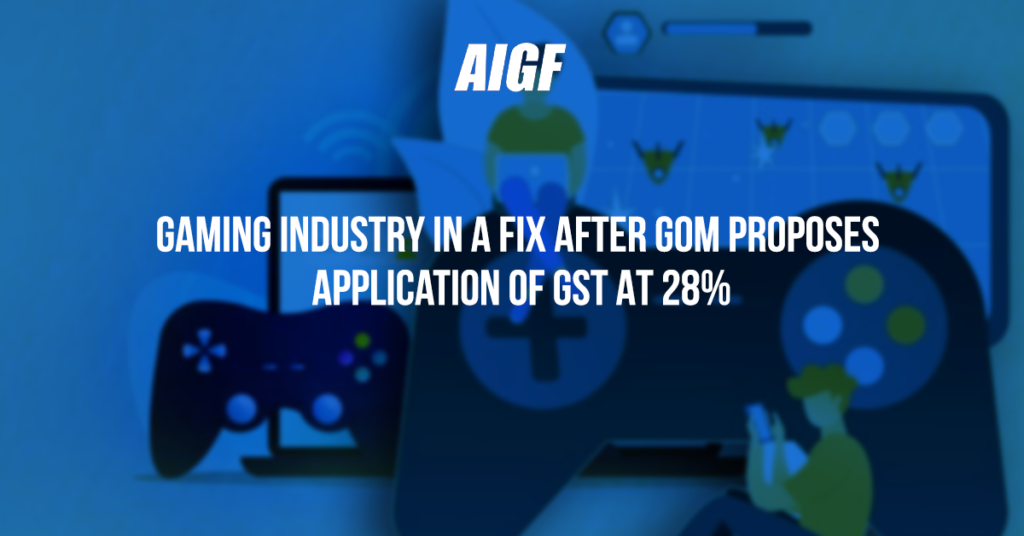
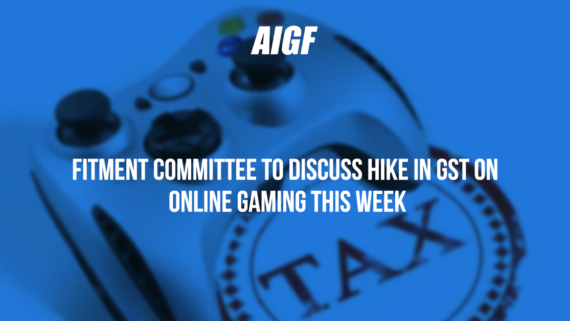
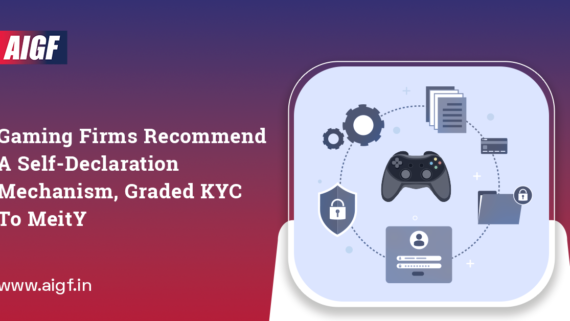


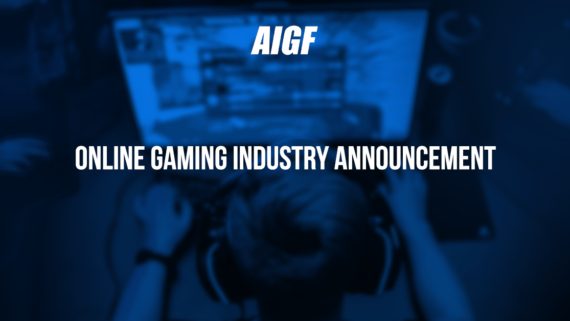
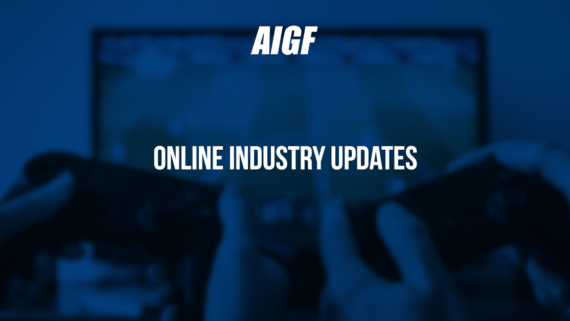

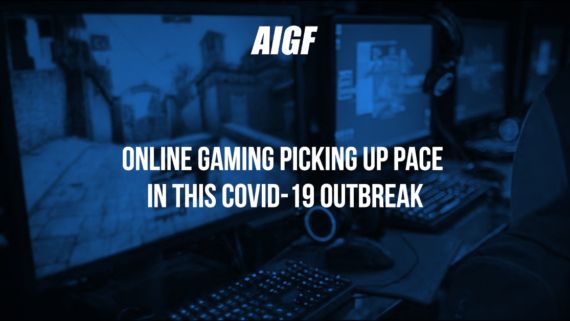
Comments
Comments are closed.